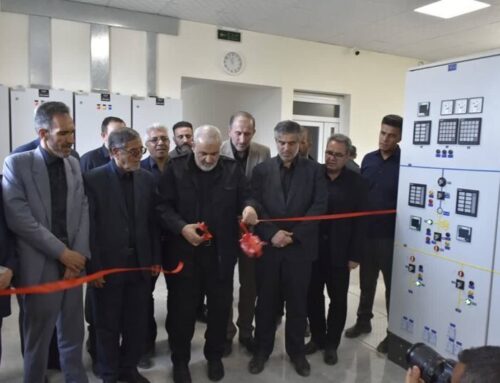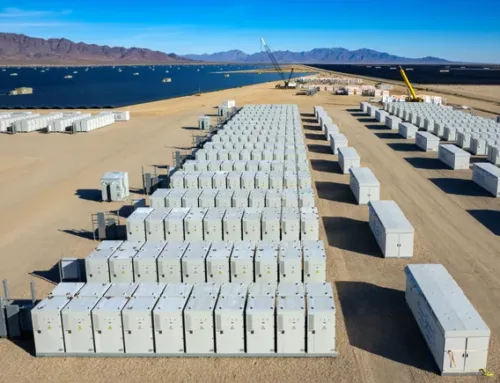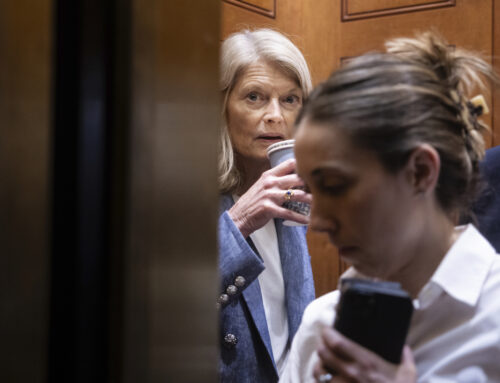Oregon lawmakers passed governor’s groundwater bill, but not without defections
June 30, 2025

Gov. Tina Kotek’s attempt to provide the first major update to Oregon’s groundwater law in more than 35 years made it through a challenging legislative session, but not before sacrificing support from environmental groups.
Lawmakers passed Senate Bill 1154 in the waning days of this year’s legislative session after a contentious public hearing process. The bill now heads to the governor’s desk for her signature.
Staff for the governor’s office has said that SB 1154 was supposed to take lessons learned from the current groundwater crisis in the Lower Umatilla Basin and turn them into reforms. For decades, the basin’s groundwater has been contaminated by nitrates, a substance that can cause cancer, respiratory illness and “blue baby” syndrome.
The bill streamlines the process once contaminants like nitrates are found in groundwater, allowing the state to provide a quicker response. In recent years, state officials and those charged with addressing pollution in the Lower Umatilla Basin have faced sharp critiques for a lack of urgency to address the crisis or regulate polluters.
Oregon has largely relied on voluntary measures to reduce pollution. Under the original formation of SB 1154, if those measures failed, the state would have been able to regulate the contaminants at the source. Agriculture is one of the largest contributors to nitrate pollution in the Lower Umatilla.
The bill spurred hundreds of private well owners to testify against it, arguing that the legislation was a step toward government control over their private water supplies. Agricultural groups like the Oregon Farm Bureau also put up resistance.
Further amendments significantly shrank the amount of enforcement language in the bill. One section that specifically spelled out how the state could require identified polluters to manage contaminant levels was shortened to a brief reference to the state adopting “area-specific rules.”
The amendments were enough to convince many Republican legislators to vote for it. The two legislators who represent the Lower Umatilla Basin in the House – state Rep. Bobby Levy and state Rep. Greg Smith – both voted for the bill. Levy, whose family has farms in the Lower Umatilla Basin, had previously said SB 1154 felt like “persecution” against private well owners.
But the compromises came with a cost. Oregon Rural Action, an environmental group and early supporter of the bill, announced in early June that the amendments meant it was withdrawing its support, taking four other groups with them. In a press release following the bill’s passage, Oregon Rural Action remained down on the bill.
“The Governor’s bill started with great potential, and as passed, SB 1154 does make important process improvements for areas with emerging contamination; however, it fails to learn the most important lesson of the (Lower Umatilla Basin) – that political pressure from powerful polluters dictates how agencies regulate those same polluters,” Executive Director Kristin Ostrom said in a statement.
A spokesperson for the governor’s office said she is not making a statement on the bill’s passage “at this time” but did point to environmental groups like the Oregon Environmental Council and the Oregon League of Conservation Voters that maintained their support for the bill.
Search
RECENT PRESS RELEASES
Related Post




